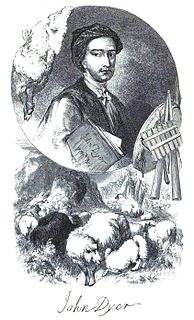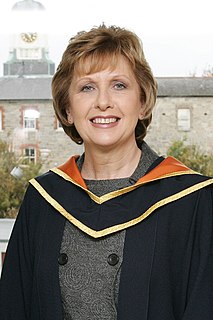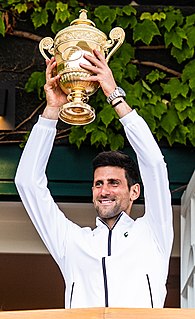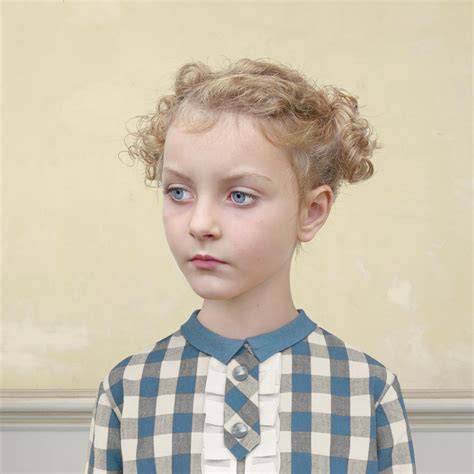A Quote by John Dyer
On my return to Cornwall I discovered that I was living in a tropical paradise. For now I am content to explore my own home and our nearest neighbour France.
Related Quotes
The child in each of us Knows paradise. Paradise is home. Home as it was Or home as it should have been. Paradise is one's own place, One's own people, One's own world, Knowing and known, Perhaps even Loving and loved. Yet every child Is cast from paradise- Into growth and new community, Into vast, ongoing Change.
There is a religious principle: Love thy neighbour as thyself. But it's also an economic asset. If you've got a neighbour, you've got help, and this implies another limit. If you want to have neighbours, you can't have a limitless growth economy. You have to prefer to have a neighbour rather than to own your neighbour farm.
It is more than twenty years since we left the city. This is a serious chunk of time, longer than the years we spent living there. Yet we still think of Jerusalem as our home. Not home in the sense of the place that you conduct your daily life or constantly return to. In fact, Jerusalem is our home almost against our wills. It is our home because it defines us, whether we like it or not.
I live in New York now, and miss France quite a bit. Of course, the reality of living in a small village in the south of France was very different than the fantasy I had of living in France. Over the years I spent there, that fantasy was worn away and I found a more realistic version of France than the one I began with. I wouldn't say the spell ever goes away, but transforms. Now that I understand French culture more intimately, and speak fluent French, I have a different, more solid, relationship to the country.
Childhood has been idealised as a lost garden paradise to which we can never return. We are excluded from this world of carelessness, innocence and unity. But the imaginary kingdom is nothing more than a projection of adult ideas and concerns onto the image, an expression of our own yearnings. By photographing children alone, divorced from any social setting, I allow them to exist on their own...I am exploring the equivocal connection between self and world.







































